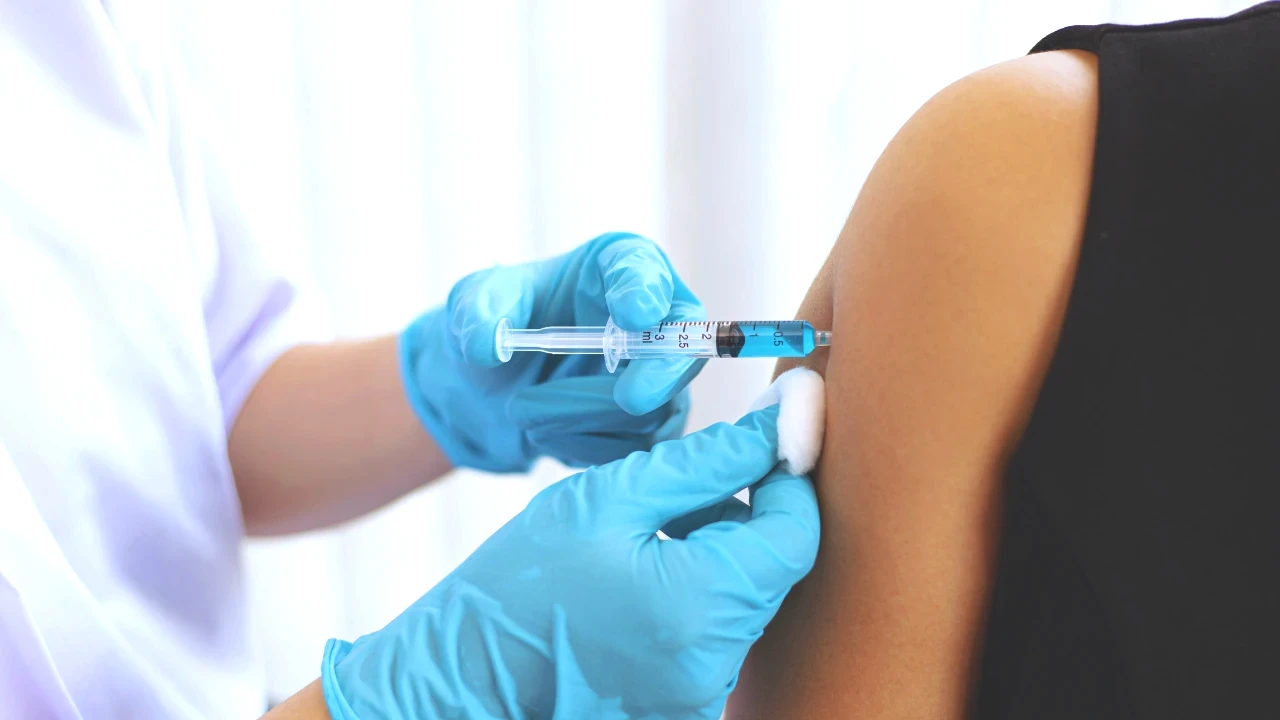Are you aware that applicants for immigrant visas must meet specific vaccination requirements before they can receive their visa? This is outlined by U.S. Immigration Law. Individuals seeking these visas need to provide evidence of their vaccinations. During the medical examination process, U.S. immigration regulations require that applicants are administered a series of vaccines unless a physician determines that one or more of them are not medically suitable for the individual. For further information and specifics, please visit: Vaccination requirements.
The Importance of Vaccinations
The primary aim of enforcing these vaccination requirements is to safeguard public health across the United States. Vaccines play a crucial role in preventing the transmission of contagious diseases, particularly in a world where people move across borders. To ensure adherence to this policy, panel physicians—authorized medical professionals who conduct immigration examinations—are responsible for confirming that every applicant has received the necessary vaccinations.

As per the current U.S. immigration regulations, the vaccines listed below may be required:
- Hepatitis A and B
- Influenza
- Influenza type b (Hib)
- Measles
- Meningococcal
- Mumps
- Pneumococcal
- Pertussis
- Polio
- Rotavirus
- Rubella
- Tetanus and Diphtheria Toxoids
- Varicella (Chickenpox)
The specific vaccines you will be required to get will depend on various factors, including your age, medical history, current health, and vaccination history. For more insights, check out: Which country has the most leopards? An overview of global statistics.
Items to Bring for the Medical Examination
To minimize delays, it is advisable for all applicants seeking immigrant visas to present their complete vaccination records during the medical examination. If you're uncertain about where to find your immunization history, your first step should be reaching out to your regular healthcare provider. If you do not possess a vaccination record, don’t be concerned; the panel physician will assist you in identifying any necessary vaccines and assessing if any exemptions might apply. For instance, in certain situations, a medical waiver could be granted if a vaccine is deemed inappropriate for you.
Determining Medical Suitability
Only the panel physician assigned to your situation is qualified to establish whether any vaccine is medically acceptable for you or if it can be bypassed. This decision is made in alignment with U.S. guidelines and public health regulations, along with your unique medical history. For additional information, see: Top 9 Countries with the Cleanest Air in the World (WHO 2025 Report).
Further Information
For comprehensive details, including the technical vaccination guidelines utilized by panel physicians, applicants are encouraged to visit the Centers for Disease Control and Prevention (CDC) website and consult the Panel Physician Technical Instructions for Vaccination.
 As per the current U.S. immigration regulations, the vaccines listed below may be required:
As per the current U.S. immigration regulations, the vaccines listed below may be required:












